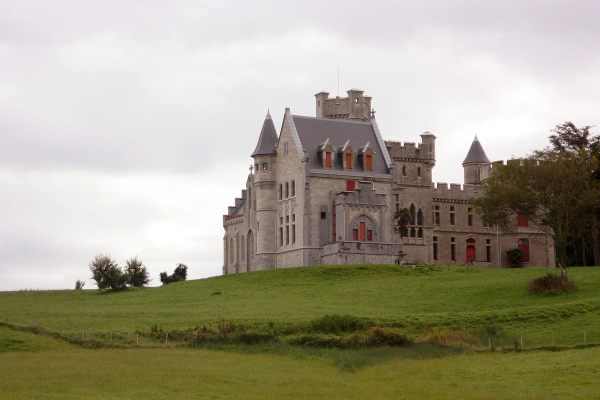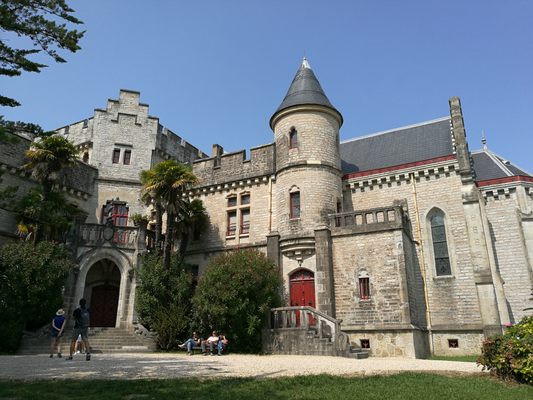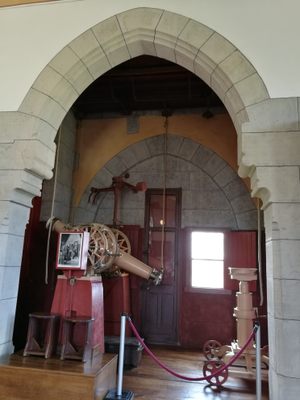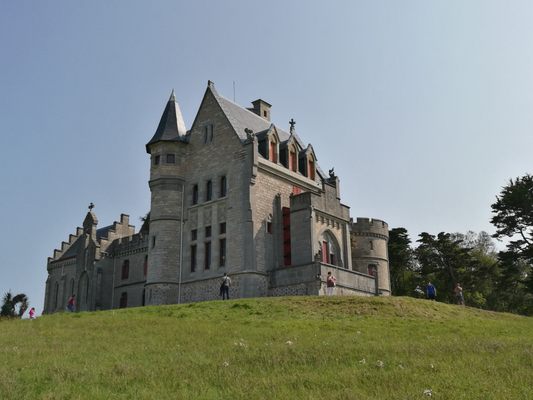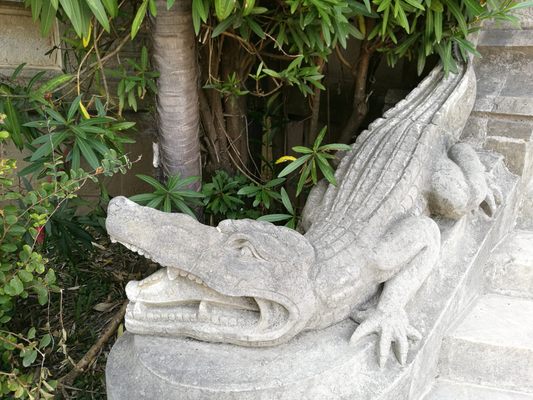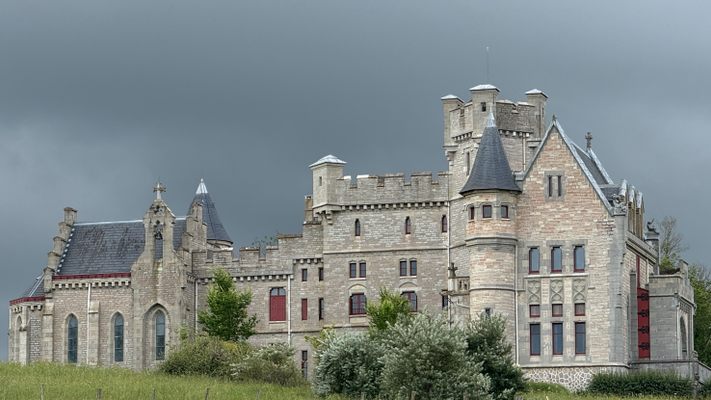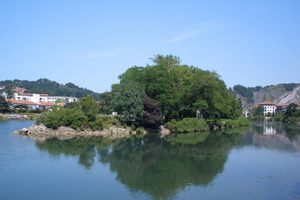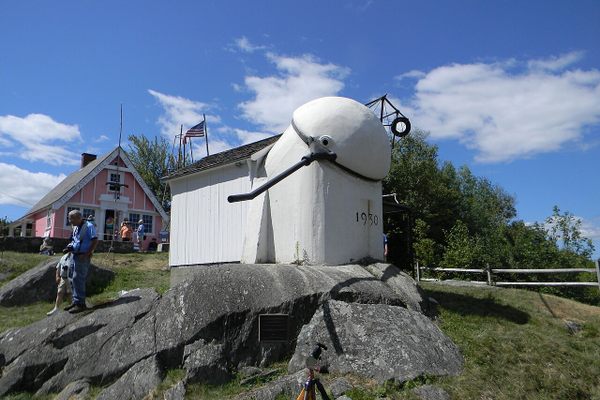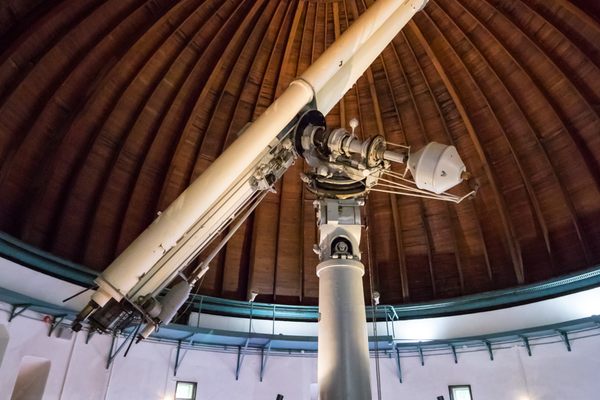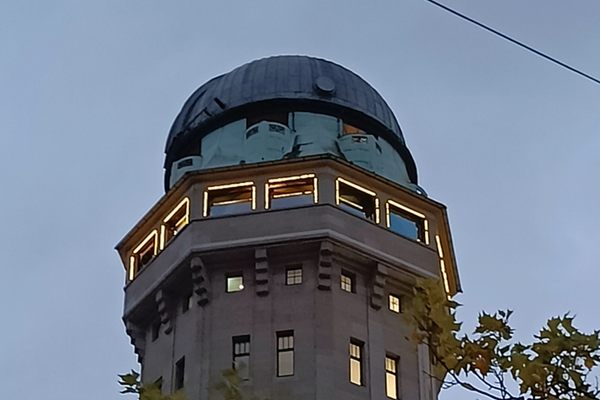About
Antoine Thomson d'Abbadie d'Arrast was a 19th-century Renaissance man—an astronomer, linguist, explorer, anthropologist, and politician, among other things. A noble born from an Irish mother and a Basque father, he owned a domain facing the Atlantic Ocean and decided to build a castle there befitting his eclectic interests.
The Neo-Gothic Castle of Abbadia was built from 1864 to 1879 based on the plans of the famous architect Eugène Viollet-le-Duc, known for restoring medieval monuments such as the Notre-Dame Cathedral. The château consists of three wings dedicated to different activities.
Most notable is the huge scientific library and observatory, equipped with a unique meridian telescope to study the position of the stars. The other wings hold apartments for d'Abbadie and his wife and a chapel for the noble couple and the farmers of the land.
Almost every part of the castle is decorated with gargoyles, animals, symbols, and inscriptions in various languages related to the owner's life and work. The hallway is particularly impressive with its paintings inspired by d'Abbadie's long trips to Ethiopia. Each room has a different multicultural theme and is heavily decorated with mosaics, oriental patterns, or medieval-like furniture according to the culture.
Today, Abbadia is listed as a national heritage site (monument historique) and is owned by the French Academy of Sciences.
Related Tags
Know Before You Go
It is only possible to visit the interior of the castle during guided tours. They are given in French, but written documents can be provided in English and Spanish. The castle is quite fragile, and the number of visitors per day is limited to 500. Plan your visit carefully if you want to go during the summer.
Community Contributors
Added By
Published
February 15, 2018
